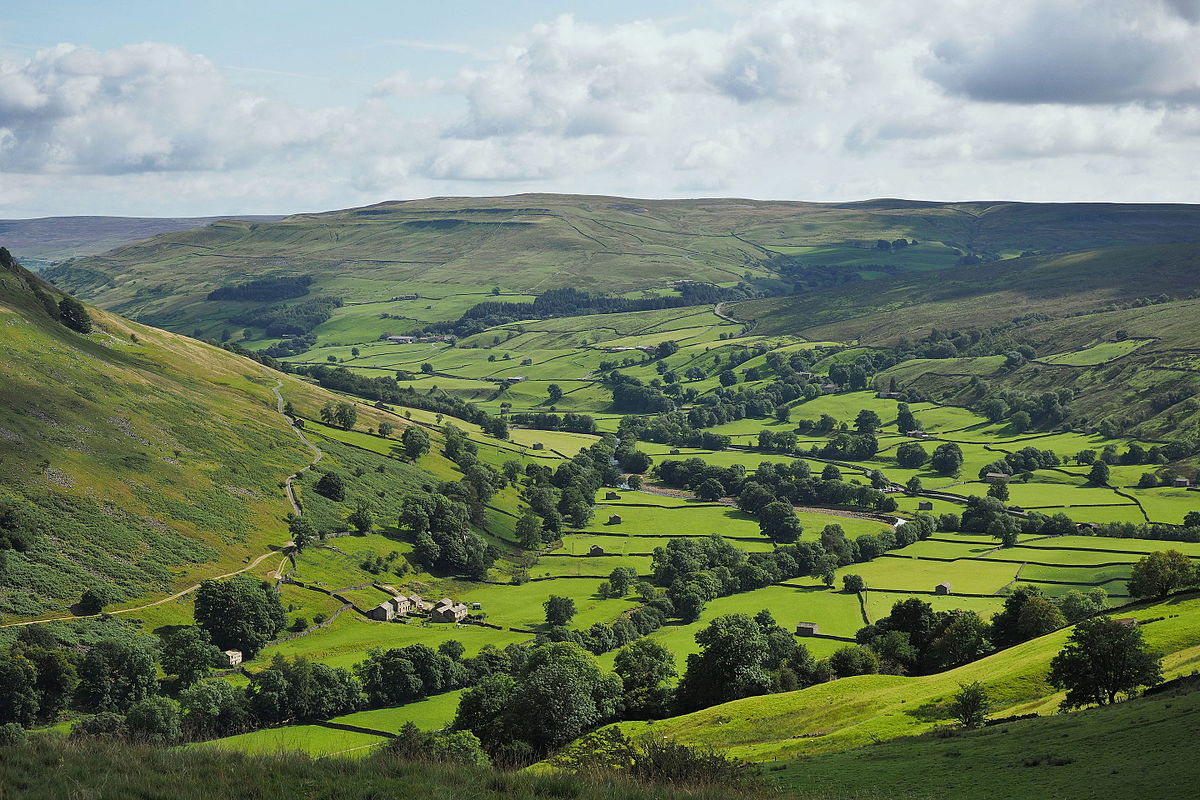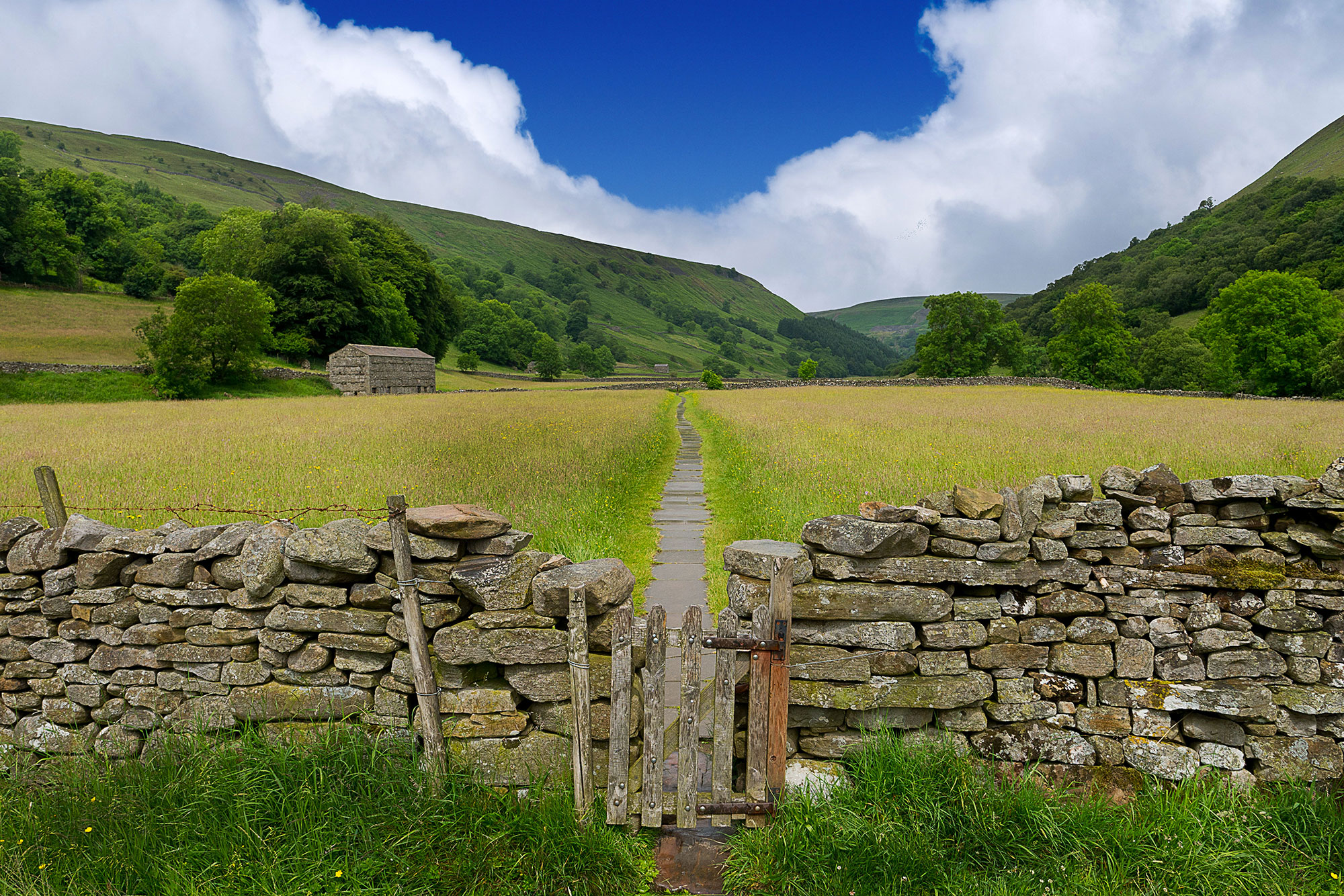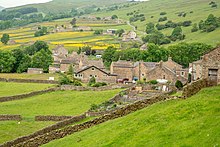
< /ˈhæl ɪt/, 1875–1968, English physiologist: Nobel Prize in Medicine 1936.
noun
- the fourth letter of the Hebrew alphabet.
- the consonant sound represented by this letter.
pl n
- the Dales (sometimes not capital) short for the Yorkshire Dales
noun
- a strong working breed of pony, originating from Yorkshire and Durham
noun
- an open valley, usually in an area of low hills
noun
- Sir Henry Hallet. 1875–1968, English physiologist: shared a Nobel prize for physiology or medicine in 1936 with Otto Loewi for their work on the chemical transmission of nerve impulses
noun
- the fourth letter of the Hebrew alphabet (ד), transliterated as d or, when final, dh
Old English dæl “dale, valley, gorge,” from Proto-Germanic *dalan “valley” (cf. Old Saxon, Dutch, Gothic dal, Old Norse dalr, Old High German tal, German Tal “valley”), from PIE *dhel- “a hollow” (cf. Old Church Slavonic dolu “pit,” Russian dol “valley”). Preserved from extinction by Norse influence in north of England.
- British physiologist. He shared a 1936 Nobel Prize for work on the chemical transmission of nerve impulses, particularly for the isolation and study of acetylcholine (1914).
- British physiologist who discovered acetylcholine and, with Otto Loewi, investigated the chemical transmission of nerve impulses. For this work they shared the 1936 Nobel Prize for physiology or medicine.
 Liberal Dictionary English Dictionary
Liberal Dictionary English Dictionary


